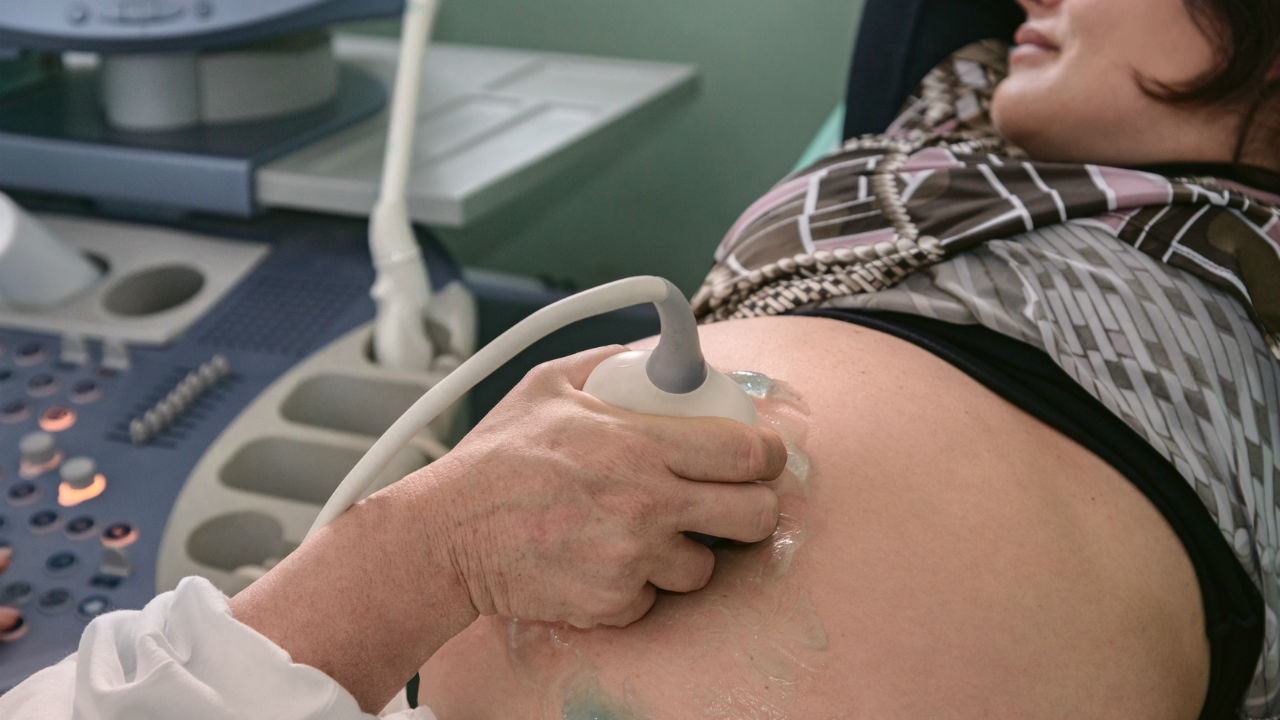Treatment
Treating pre-eclampsia early can prevent its progression to eclampsia (seizures caused by severe pre-eclampsia). The only way to cure pre-eclampsia is to deliver the baby.
Treatment may include:
Early Delivery of the Baby
If the pregnancy has progressed 36 weeks or more, your doctor may recommend that labor be induced.
Supplements and Medication
Mild pre-eclampsia can often be managed until 36 weeks gestation with rest and medication. For example, your doctor may recommend that you take:
- Aspirin to lower risk of pre-eclampsia
- Medications to lower blood pressure, such as hydralazine (eg, Apo-Hydralazine), methyldopa
- Magnesium sulfate to reduce risk of convulsions
- Daily calcium supplement—may reduce the risk of eclampsia, particularly if your calcium intake was low to begin with *¹
Home Treatment
If your home situation is stable, and you live close to the hospital, your doctor may treat you at home. Home treatment may include:
- Taking frequent blood pressure readings
- Getting plenty of rest (remaining mostly at bed rest)
- Obtaining help for preparing meals, doing housework, and caring for family members
Admission to the Hospital
If pre-eclampsia is moderate, or your home situation is not restful, the doctor may admit you to the hospital. Treatment may include:
- Lowering your blood pressure (medications)
- Medications (usually magnesium sulphate) to prevent eclampsia
- Monitoring your baby's condition
- Making sure you get enough rest
Severe Pre-eclampsia
If the pre-eclampsia is severe, labor can be induced as early as 28 weeks. Early delivery poses a risk to the fetus, but allowing severe pre-eclampsia to continue is extremely risky for the mother and fetus.
Most women with pre-eclampsia still deliver healthy babies. A few develop a condition called eclampsia, in which seizures, caused by severe pre-eclampsia, occur. This condition is very serious for the mother and baby. Fortunately, pre-eclampsia is usually detected early in women who get regular prenatal care, and most problems can be prevented.
Please be aware that this information is provided to supplement the care provided by your physician. It is neither intended nor implied to be a substitute for professional medical advice. CALL YOUR HEALTHCARE PROVIDER IMMEDIATELY IF YOU THINK YOU MAY HAVE A MEDICAL EMERGENCY. Always seek the advice of your physician or other qualified health provider prior to starting any new treatment or with any questions you may have regarding a medical condition. Copyright © 2024 EBSCO Publishing All rights reserved.
 Preeclampsia: Recognize and Manage This Pregnancy Complication
Preeclampsia: Recognize and Manage This Pregnancy Complication


